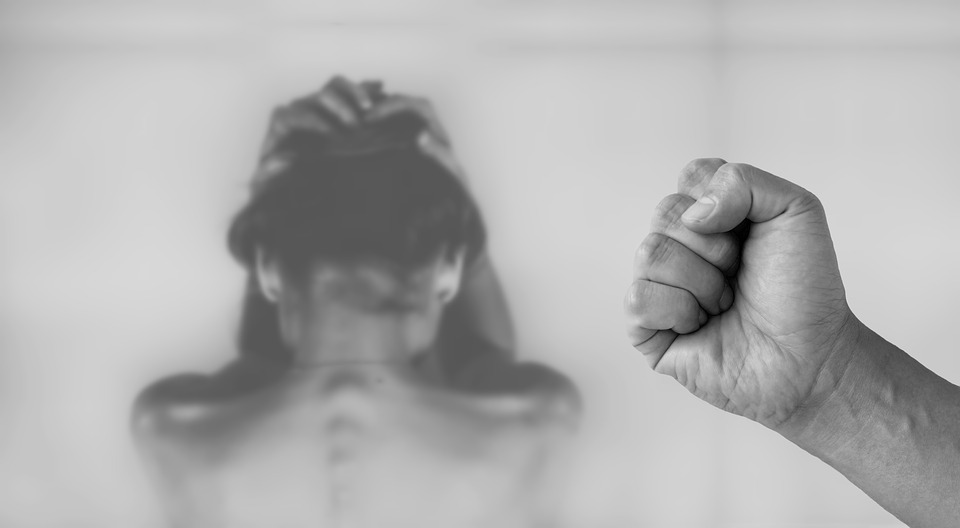
Men can't escape trial for marital rape, say Karnataka HC
Lawmakers should heed the "voices of silence" and remove the inequalities in the criminal laws regarding rape, said the high court ruling

A man cannot escape trial for rape only because the victim is his wife as it is against the right to equality, the Karnataka High Court held on Wednesday, and suggested that lawmakers should heed the “voices of silence” and remove the inequalities in statute.
The age-old regressive thought that the husbands are the rulers of their wives, their body, mind and soul should be effaced, a single bench of Justice M Nagaprasanna said while refusing to drop the charge of rape against the petitioner who had allegedly sexually assaulted his wife.
Also read: Criminalising marital rape: Centre fears ‘gross misuse of the offence’
“Woman and man being equal under the Constitution cannot be made unequal by Exception-2 to Section 375 of the IPC,” it further said, noting that it is for the lawmakers to ponder over the existence of such inequalities in law. Section 375 of the Indian Penal Code (IPC), which defines the offence of rape, has the Exception-2 clause that says the non-consensual intercourse or sexual act by a man with his wife, not below 15 years, is not a rape.
Grave consequences
The court said such sexual assault by a husband on his wife will have “grave consequences on the mental state of the wife: it has both psychological and physiological impact on her”.
Further stating that such acts of husbands scar the soul of the wives, the court observed that it is, therefore, imperative for the lawmakers to now “hear the voices of silence”.
The court held that any such exemption for husbands will go against Article 14 which guarantees the right to equality.
Also read: 2021 Kerala HC remarks on marital rape that set a precedent
“If a man, a husband…can be exempted from the allegation of commission of ingredients of Section 375 of the IPC (rape), inequality percolates into such provision of law,” the court said.
All human beings under the Constitution are to be treated equally, be it a man, be it a woman and others, it said, adding any thought of inequality, in any provision of law, would fail the test of Article 14 of the Constitution. “Woman and man being equal under the Constitution cannot be made unequal by Exception-2 to Section 375 of the IPC,” it further said, noting that it is for the lawmakers to ponder over the existence of such inequalities in law.
“For ages man donning the robes of a husband has used the wife as his chattel; but his crude behavior notwithstanding his existence because of a woman, the court said.
“The age-old thought and tradition that the husbands are the rulers of their wives, their body, mind and soul should be effaced. It is only on this archaic, regressive and preconceived notion, the cases of this kind are mushrooming in the nation.”
The court refused to interfere with the proceedings initiated against the petitioner on charges of rape, cruelty, along with offences under the POCSO Act, for alleged sexual acts against his wife and daughter.
With inputs from agencies

